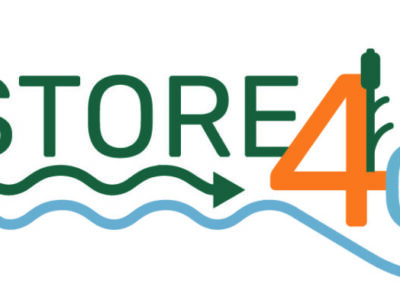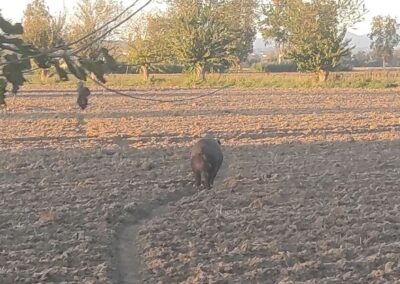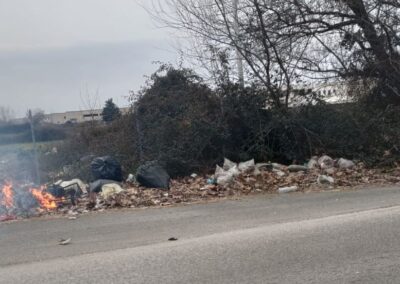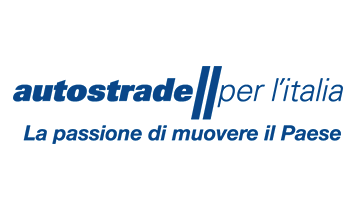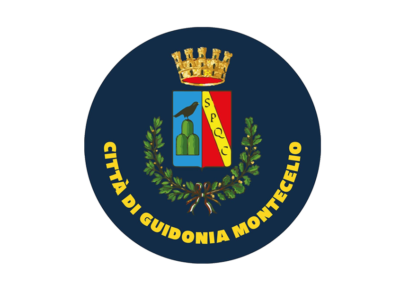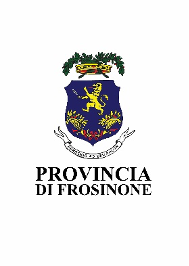Understanding the mechanisms that contribute to air pollution.
The aim of the research is the understanding of the mechanisms by which the different natural and anthropogenic processes contribute to air pollution.
To this end, new analytical methodologies are developed for the sampling and analysis of the different pollutants. In addition to regulated pollutants, emerging pollutants are also studied.
The research activities are aimed at both emissions and ambient air, taking into consideration indoor, industrial, urban and remoyou.
Through the determination of suitable tracers and the processing of data, the different sources of pollution are identified and the contribution to the state of air quality is quantified for each of them.
Research Areas
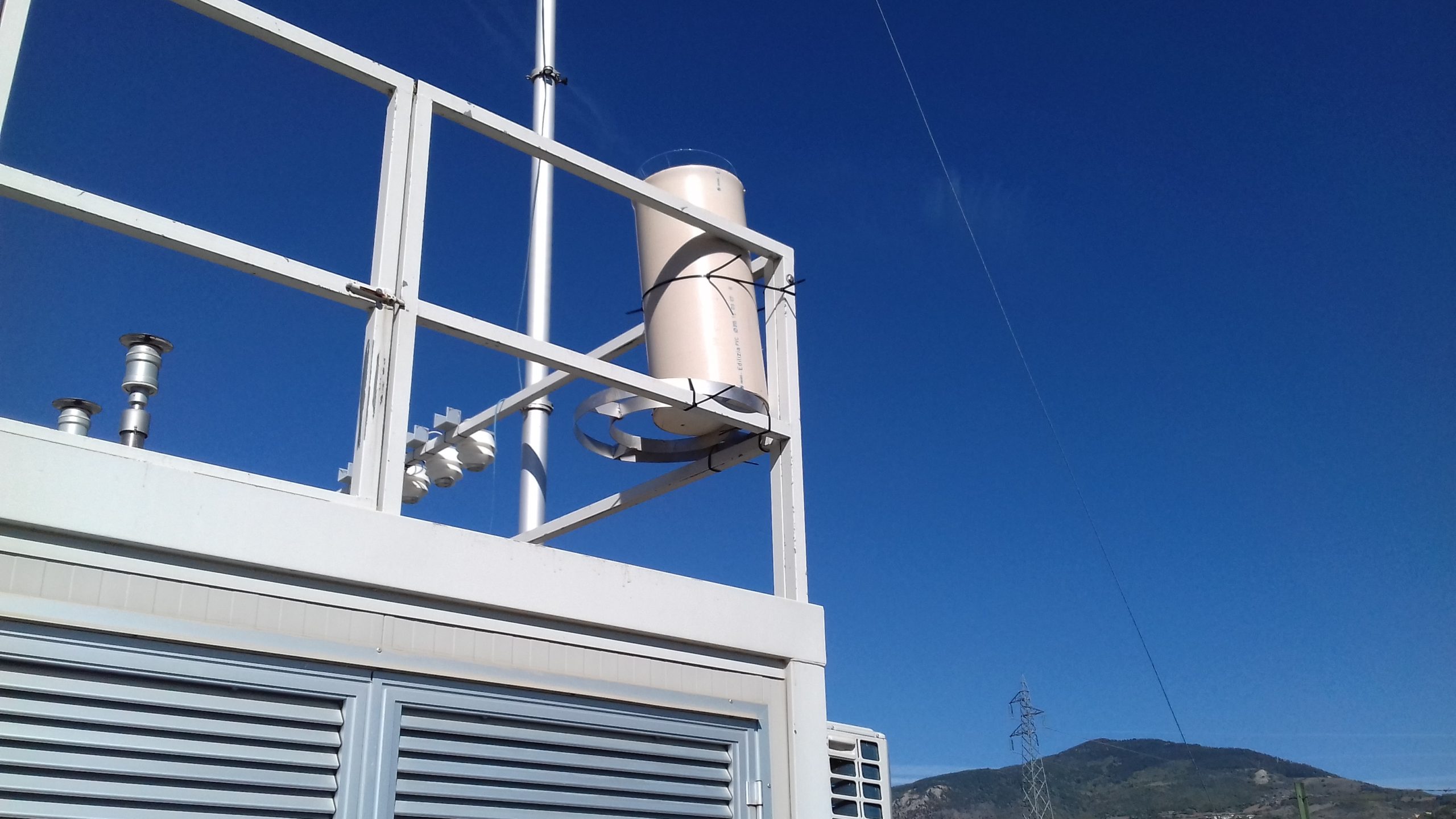
Ambient air
Contact: Dr. Cinzia Perrino
The contents and actions of the sub-area are consistent with the challenges posed by the European Green Deal. In this context, in addition to the "zero pollution" objective for an environment free of toxic substances, the issue of air quality is also instrumental in achieving the objectives relating to accelerating the transition towards sustainable and intelligent mobility ...
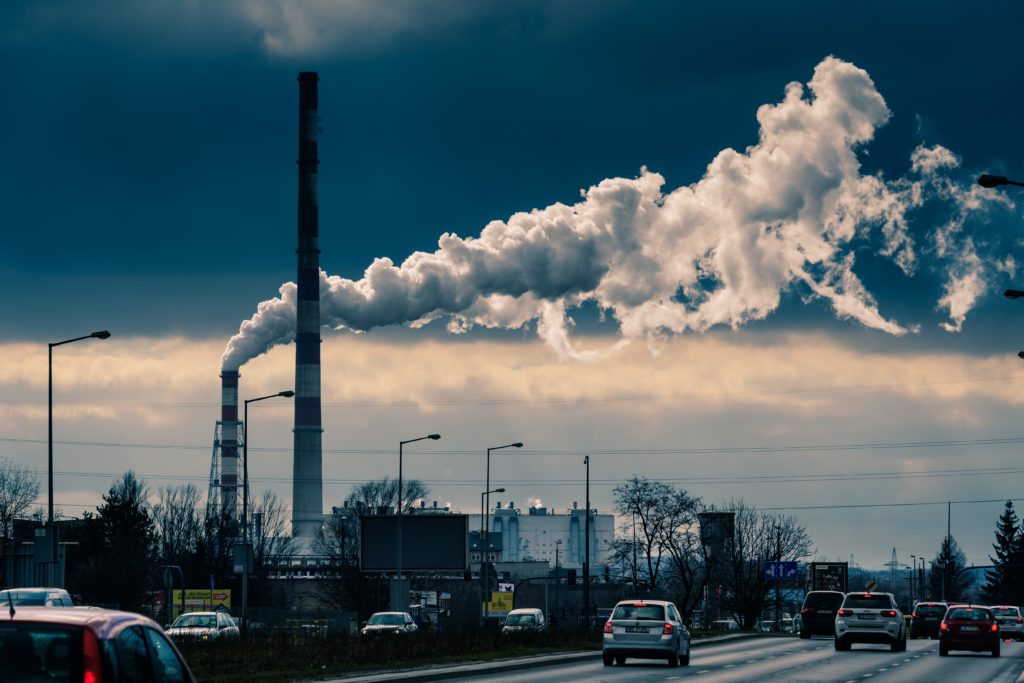
Polluting emissions
Contact: Dr. Ettore Guerriero
In the current era based on the industrial economy, air pollution is an inevitable consequence that cannot be completely removed but can be reduced through both collective and individual contributions. There are multiple sources of anthropogenic emissions into the atmosphere such as industries, fossil fuels used for domestic air conditioning or automotive ...
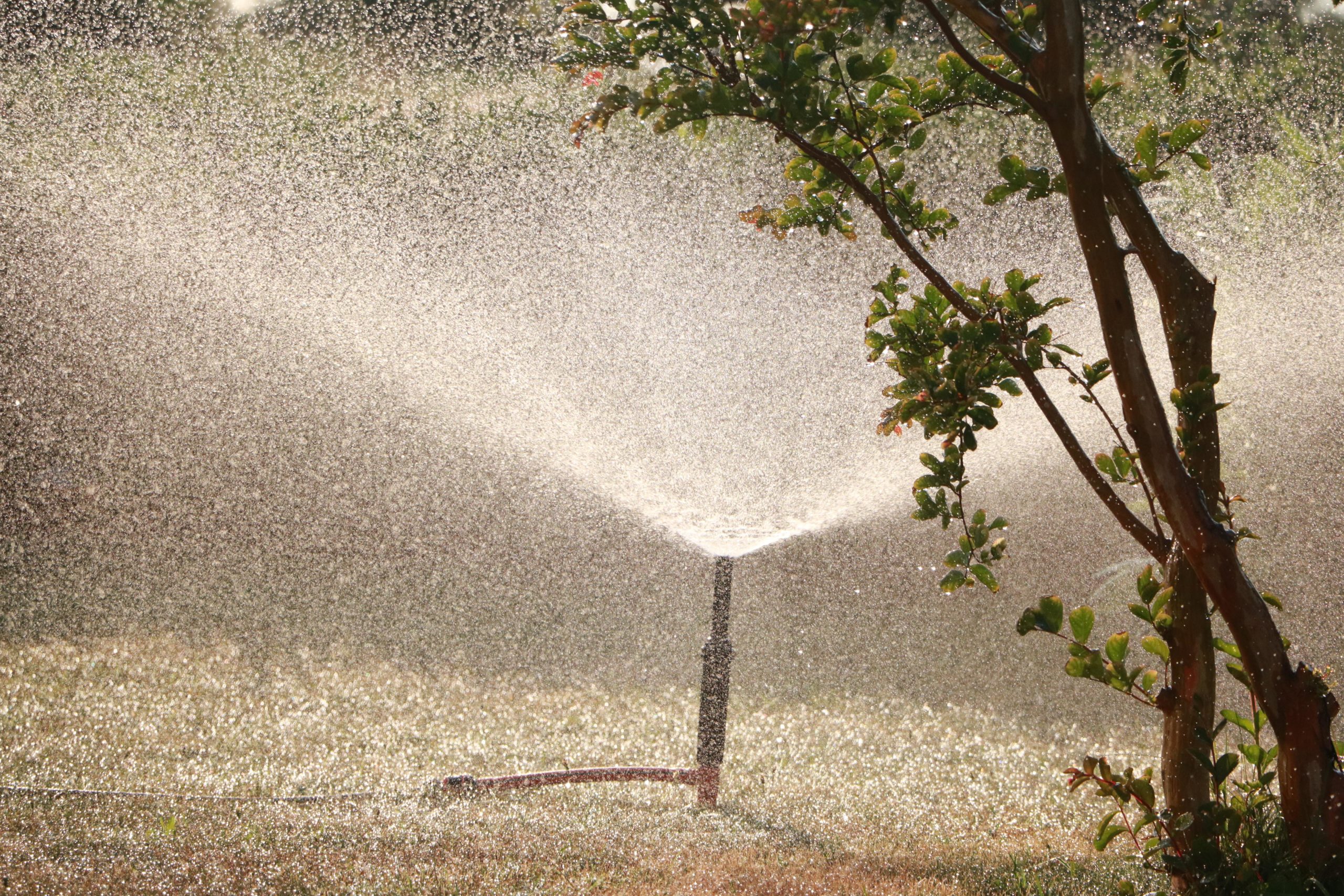
Emerging pollutants
Contact: Dr. Catia Balducci
Recently, with the development of new technologies and processes and with the improvement of the analytical sensitivity of the instruments, the interest of scientists and legislators has expanded not only to regulated pollutants and POPs, but also to new classes of substances. These compounds can be classified as Emerging Contaminants ...


